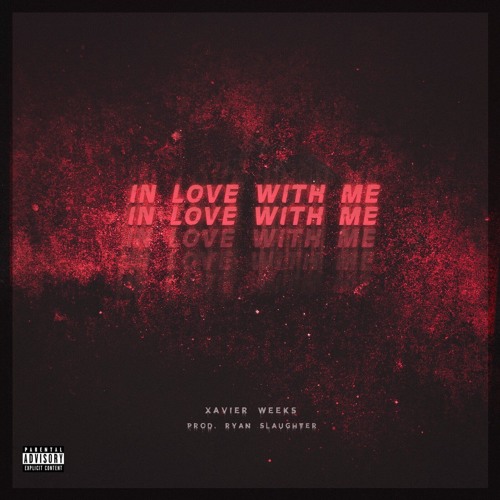

While some might think this is a given, standing can be difficult to prove in copyright cases. To bring a lawsuit in court, a party must have standing to sue. Standing to Sue and the Copyright Assignment Problem This week, 50 Cent lost the copyright rap battle against Rick Ross, as the 2 nd Circuit Court of Appeals dismissed the case. 50 Cent sued Rick Ross for copyright infringement in a $2 million lawsuit. Fast-forward to 2015, when another rapper, Rick Ross, used a sample of 50 Cent’s “In Da Club” track on his “Renzel Remixes” release.

Interestingly, Eminem’s label, Shady Records, produced and released 50 Cent’s album. If not for Eminem’s “Lose Yourself,” 50 Cent’s hit likely would have won the 2004 Grammy for Best Rap Song. With a hook of “Go shawty, it’s your birthday,” the song “In Da Club” propelled 50 Cent’s debut album to number 1 on the Billboard 200 chart. Back in 2003, rapper 50 Cent created one of the most iconic songs of the 21 st century.


 0 kommentar(er)
0 kommentar(er)
